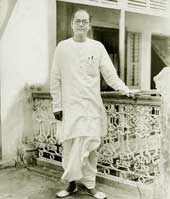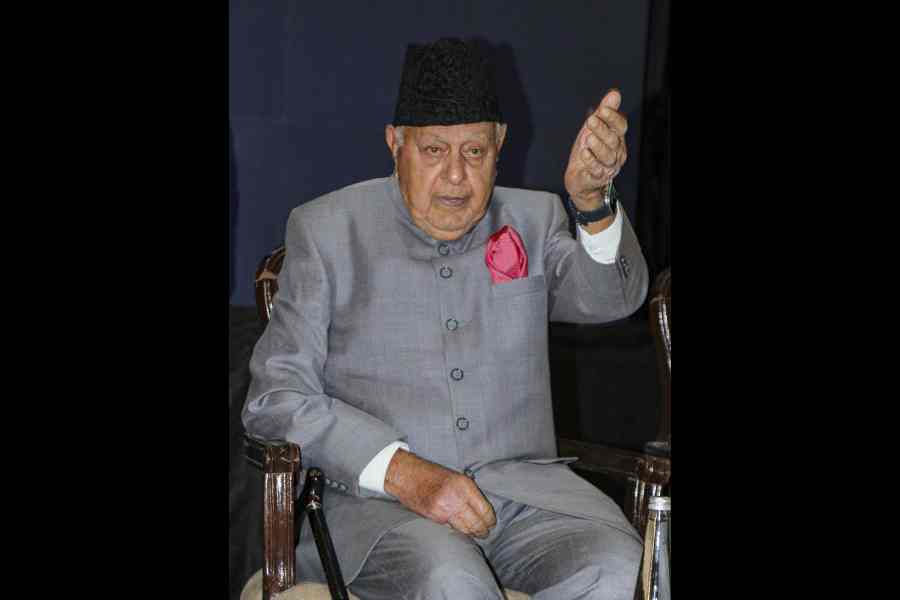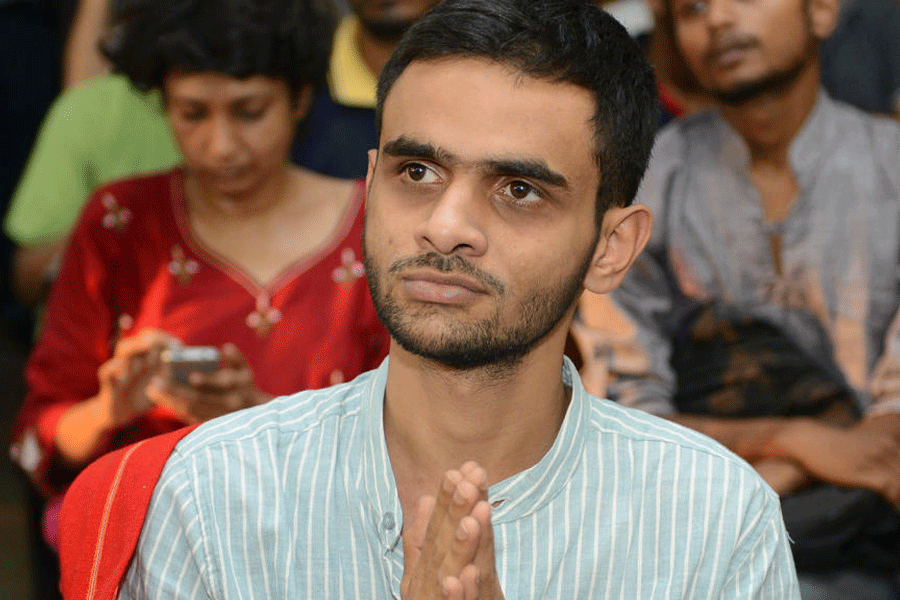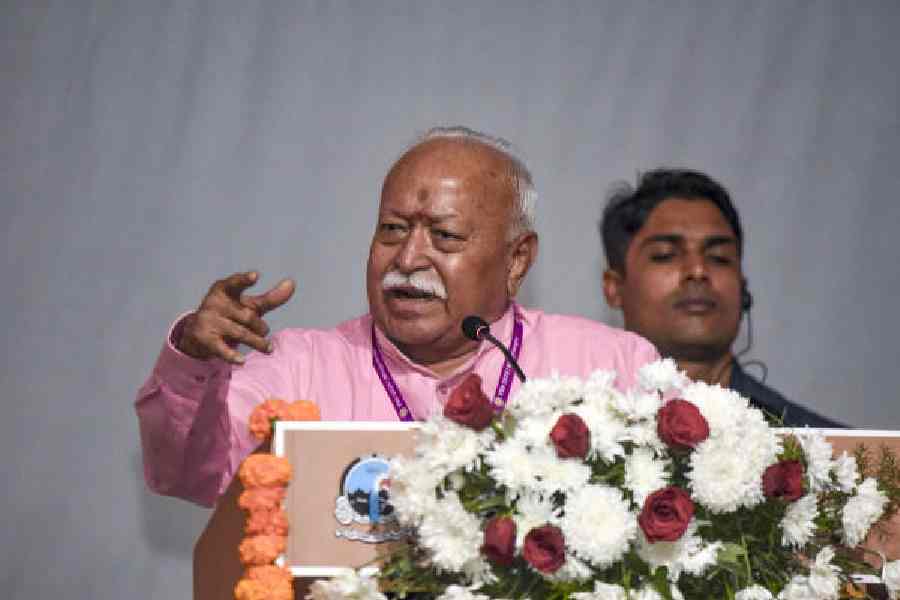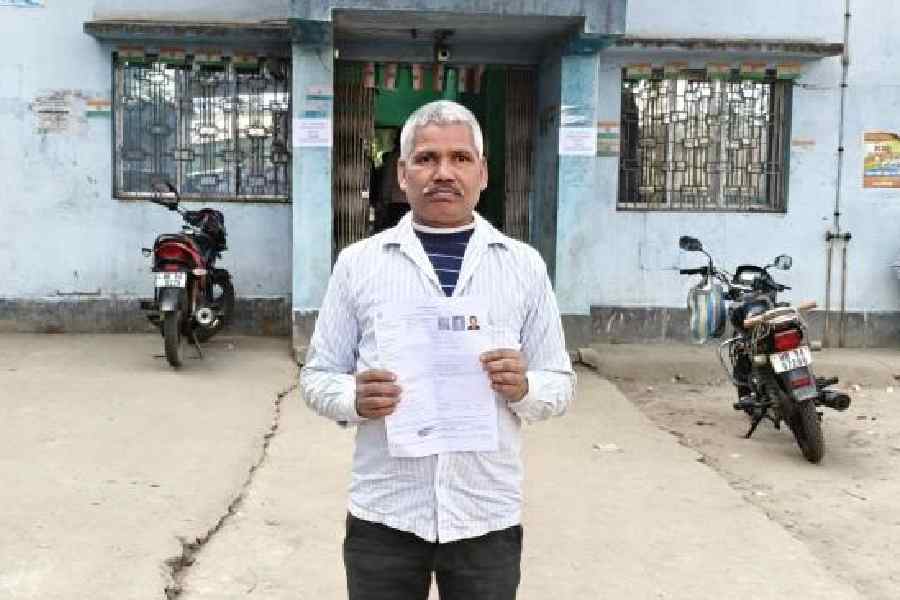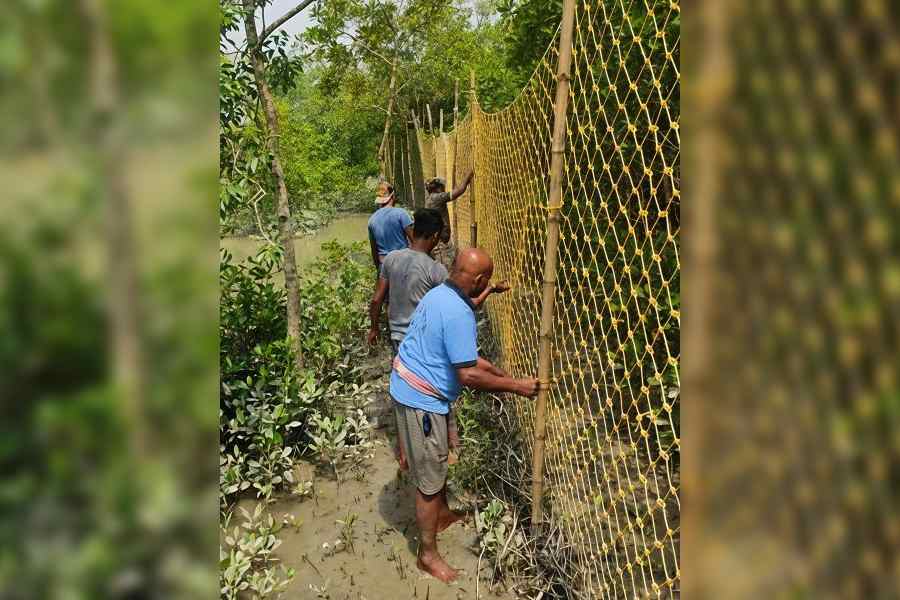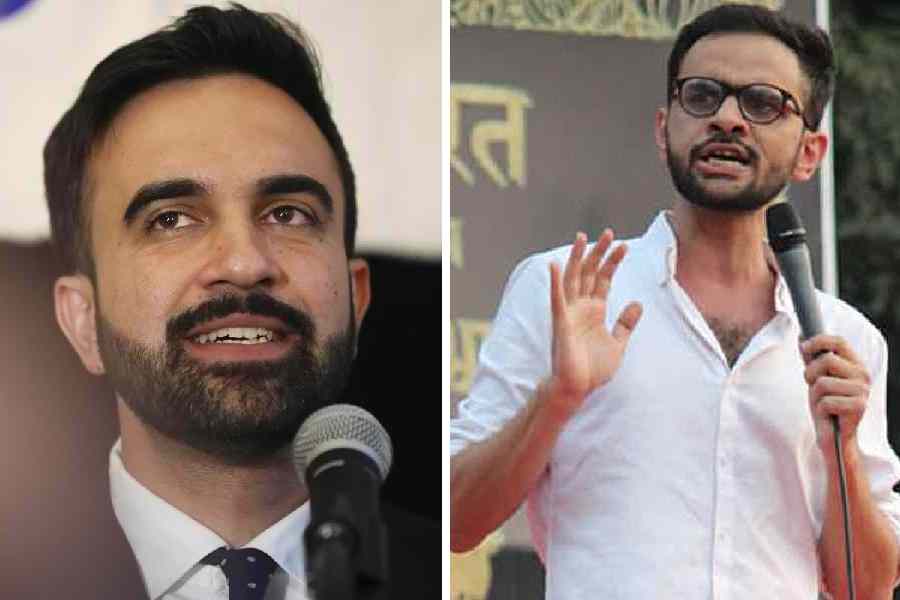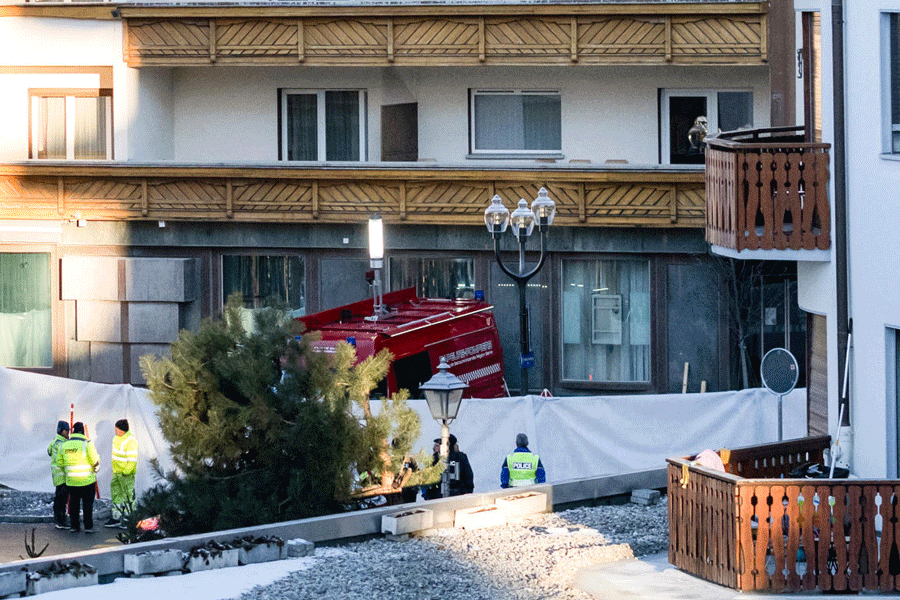 |
| Subhas Chandra Bose’s uncompromising struggle against imperialism and socialist views imbued the youth of the state with revolutionary ideas, which led to the formation of All Assam Progressive Youth Association in 1939 |
SEPTEMBER 1938 Assam was passing through a great political turmoil. Sir Sadullah, the premier of Assam, had just submitted his resignation and the move was on to form a Congress coalition ministry under Gopinath Bardoloi. Maulana Abul Kalam Azad, who was supervising the formation of the government on behalf of the Congress high command, opposed the formation of a Congress-led ministry, as Bardoloi did not have the requisite number. In fact, Bardoloi was still in need of two votes that were crucial to form the ministry. Congress was a divided house at that point of time with Surma Valley members alienating themselves over the question of composition of the ministry. A desperate Bardoloi then invited Subhas Chandra Bose to come to Assam and save the situation. Subhas Bose immediately rushed to Assam and in contravention of Azad’s decision, strongly advocated the formation of the ministry under Bardoloi, as that would strengthen Congress base not only in Assam but in India as a whole in the prevailing political backdrop.
Immediately after his arrival at Shillong, Subhas Bose set to the task and started a wildgoose chase for those two votes, and succeeded in his mission. Gopinath Bardoloi took the oath of office as premier of Assam on September 20, 1938. Recollecting the incident noted freedom fighter Md Tayebullah wrote, “Before the two birds were in hand, Subhas Bose counted them and was inclined — nay, decided to permit the coalition. It was because of him that Bardoloi could form the ministry”.
Historian H.K. Barpujari records, “Bose arrived in Shillong and played an important role by assigning the party with his wise counsel ... Bose not only helped Bardoloi in forming the ministry but also helped him in ironing out the differences with the Congressmen of the Surma Valley over the composition of the ministry”.
Subhas Bose now was the most respected Congress leader and made a lasting impression among the common masses and the younger generation in Assam. It was he who was advocating an uncompromising struggle against imperialism. To the youth, he was a legendary figure who was once rusticated from the Presidency College for having challenged the English professor, who beat up Bose’s classmates. This was the same National Congress leader who resigned from the party president’s chair a few months later, refusing to be the rubber-stamp Congress president. There was no surprise therefore that a booklet on Subhas Bose was published by some enthusiastic students of Cotton College in 1939. And the newly formed All Assam Progressive Youth Association (AAPYA) decided to invite Bose to inaugurate the association, which Bose gladly accepted, despite his very busy schedule.
The formation of the association had an interesting background. In 1935, some students of Assam, imbued with revolutionary ideas, formed the Guwahati Vyayam Sangha. In 1938, Soumendranath Tagore of Bengal, founder of Communist League, visited Guwahati and met the members of Vyayam Sangha. They seemed disillusioned with the Congress. Tagore’s visit led to consolidation of the Left forces in Assam, and a group of youths were impressed with his speeches. This group then formed AAPYA and invited Subhas Chandra Bose, founder of the Forward Bloc, an organisation that would bring revolution within the Congress and in Assam.
When Subhas Chandra Bose arrived at Pandughat on October 6, 1939, Guwahati wore a festive look. The town welcomed him with festoons, banners and welcome arches made of banana plants. Volunteers lined up along the six-mile stretch from Pandu to Panbazar, to welcome a national hero.
On the same afternoon, the meeting of All Assam Progressive Youth Association was held at Guwahati, over which Subhas Bose presided. Representatives of Left nationalists from different parts of Assam assembled and the AAPYA was formally inaugurated. The association working committee was formed with 15 members, including the representatives of both Assam and Surma valleys with Debendra Nath Sarma as president and Upendra Nath Sarma as general secretary.
At the meeting, Bose was welcomed with gamocha, a pair of endi, a sarai and japi that had “Subhas Babu Zindabad” written in Assamese. Debendra Nath Sarma, chairman of the reception committee, welcomed the gathering and said class differences should be removed from Assam and all efforts made to spread socialist ideas in the country. In his speech, Bose sought the support of students — specially the youth, along with the Leftists, to thwart the Congress policy of “appeasement” towards the British government in connection with the war. At the meeting, Bose called Jai Prakash Narayan, “a puppet of Nehru” and criticised M.N. Roy for his opportunism.
Bose also spoke about the fact of Assam Oil Company workers, where the defence of India proclamation led to the end of a six-month-long strike in Digboi. The condition of the plantation workers was also discussed. Analysing the international situation, specially the British position in the global war, Bose said, “This is the right time to demand Swaraj.”
Though Bose’s visit left a lasting impression in the minds of the Assam’s youth, Forward Bloc as an organisation made little headway in Assam but Bose’s visit in 1938 and 1939 created ripples, if not waves, among a section of youth in the state. The students for the first time celebrated October Revolution in Assam. Later in 1940’s, the students observed the INA Day, named a road after Azad Hind Fauz at Jorhat and Dhubri and celebrated Bose’s birthday every year.
Some lighter moments marked the stay of Subhas Chandra Bose in Guwahati in 6-7 October, 1939. During his earlier visit to Guwahati en route to Shillong in 1938, Bose addressed a public meeting at Jubilee Park, Guwahati, where he promised to speak a few words in Assamese during his next visit. When he was reminded of that in 1939, Bose did speak a line in Assamese: “Aponaloke sangramat agbarhi ahak. Namaskar”. This was widely appreciated.
When a Cottonian wanted to take his photograph, the sun’s rays reflected on Bose’s spectacles. The young man attempting to negotiate the light, requested Bose to lower his head slightly so that he could take the photograph. Bose quipped that he never lowers his head before anyone but would do so in Guwahati for the sake of a photograph. Newspapers in Assam and Bengal carried the photograph and quoted his humorous remarks at Guwahati.

